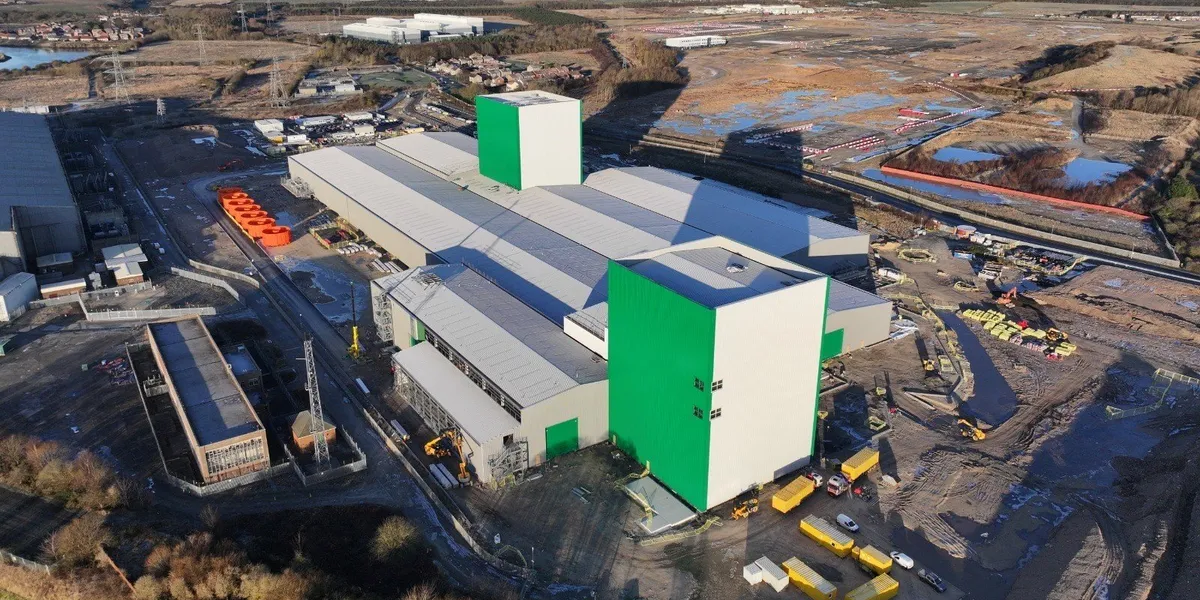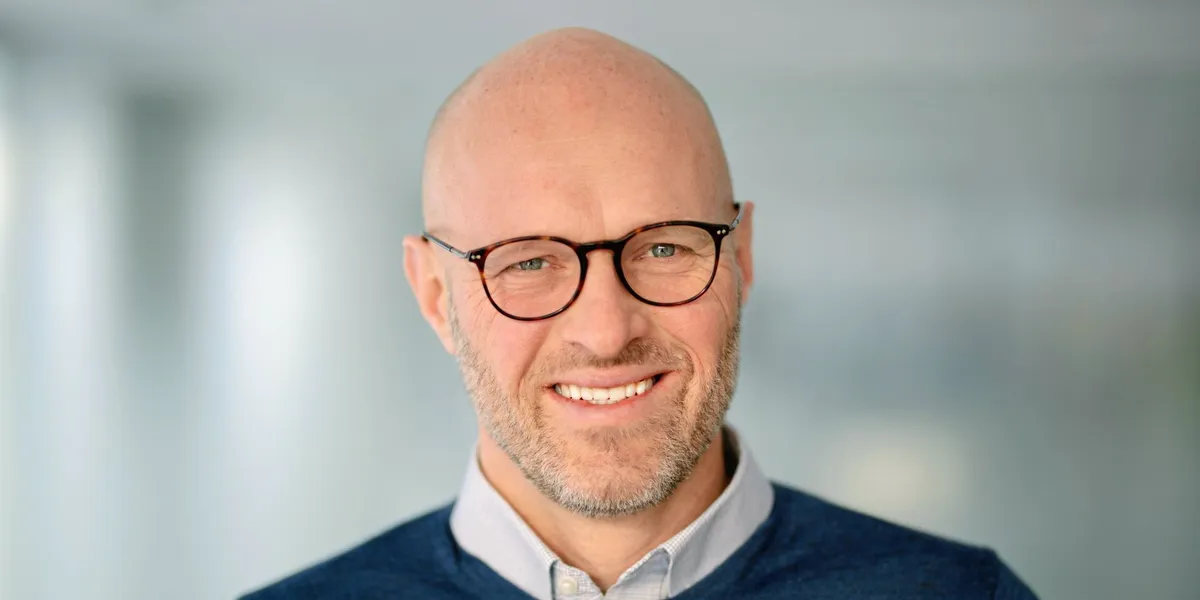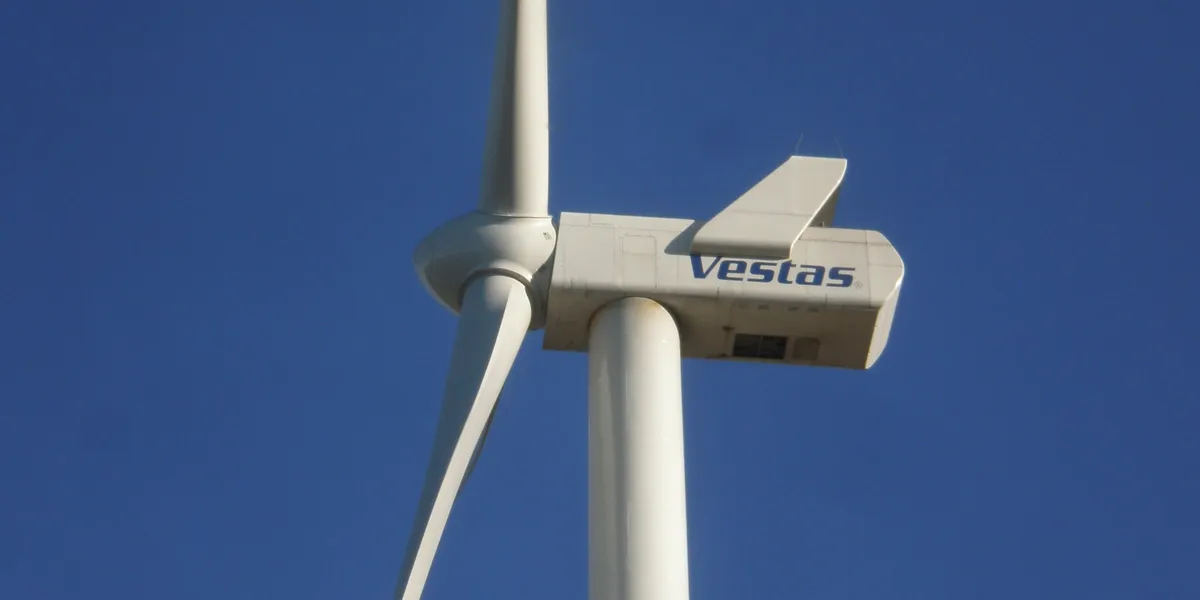This Week in Cleantech is a weekly podcast covering the most impactful stories in clean energy and climate in 15 minutes or less featuring John Engel and Paul Gerke of Factor This and Tigercomm’s Mike Casey.
This week’s episode features Aaron Clark from Bloomberg, who wrote about efforts to reduce toxic chemicals in semiconductor production.
This week’s “Cleantecher of the Week” is Gregor Hintler. He shared that we should not be fooled by the negative rhetoric about renewables from the current administration, since clean energy is growing exponentially in the US, and globally. Gregor shared some images of solar growth in certain regions. Congratulations, Gregor!
Chinese EV giant BYD just unveiled its 1,000-Volt Super e-Platform, capable of delivering nearly 300 miles of range in just 5 minutes. Charging times have been a key barrier to EV adoption, but BYD is eliminating that hurdle, and establishing more dominance in the industry. To support the platform, it plans to install 4,000+ ultra-fast chargers across China.
Has the US officially lost the EV charging race? Can we even come close to competing with that technology?
Read here.
Tech companies need lots of energy to supply their new data centers and many are turning to gas since renewables are intermittent and nuclear is slow and expensive to build. However, gas turbine orders increased five-fold between 2023 and 2024. As a result, delivery times have doubled and prices have tripled. Nevertheless, despite this gas turbine ‘gold rush,’ turbine manufacturers are hesitant to ramp up production because they worry about AI tapering off, leading to overcapacity.
Read here.
President Trump has prioritized dismantling climate policies, cutting regulations, blocking wind projects, fast-tracking fossil fuels, withholding funds, and firing workers.
A growing group of Republicans and business leaders is campaigning to protect Biden-era tax credits for wind, solar, and other clean energy, mainly citing the IRA-driven manufacturing boom in their communities. About 80% of IRA investments have gone to Republican congressional districts. Last week, 21 House Republicans urged Representative Jason Smith, the chairman of the Ways and Means Committee, to preserve clean energy credits, while conservative groups lobbied Congress.
Read here.
This week, clear, sunny weather in Europe has been boosting solar generation and sending power prices into negative territory for several hours of the day. That’s great for consumers and businesses that use electricity, but it’s a real challenge for renewable energy producers who suddenly find themselves generating power they can’t profit from.
BloombergNEF analyst Pietro Radoia explains that sellers typically don’t get paid when prices go negative, so lenders are pushing for power purchase agreements that spread the risk between project owners and their offtakers.
Read here.
The semiconductor industry, vital to AI, tech, and the production of everyday items, is a major source of PFAS, or “forever chemicals.” These are linked to health risks like cancer and are persistent in the environment. Semiconductor chip sales increased 19% last year, and double-digit growth is expected again this year.
In response to growing demand, startups are beginning to offer solutions to destroy these forever chemicals. One company tackling PFAS is Switzerland-based Oxyle AG, which generates ultra-fine bubbles that capture and catalytically break down the chemicals in water, achieving over 99% removal without producing toxic byproducts. Right now, Oxyle doesn’t have active projects in the industry.
Read here.
Nominate the stories that caught your eye each week by emailing [email protected]









